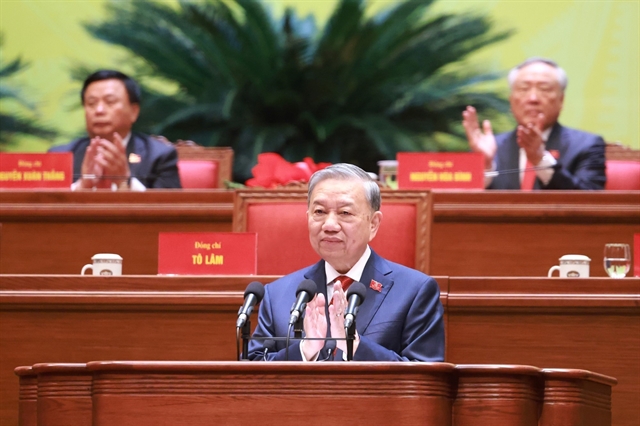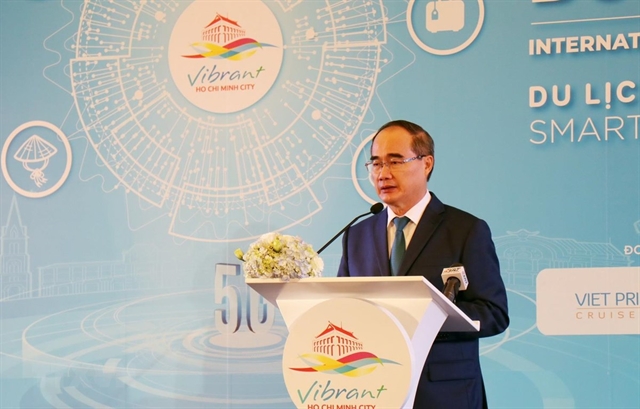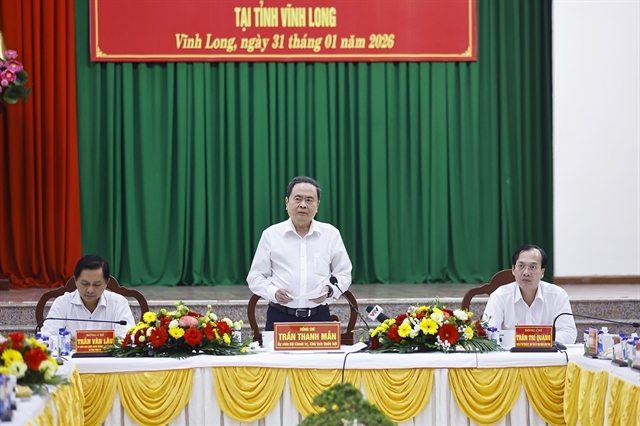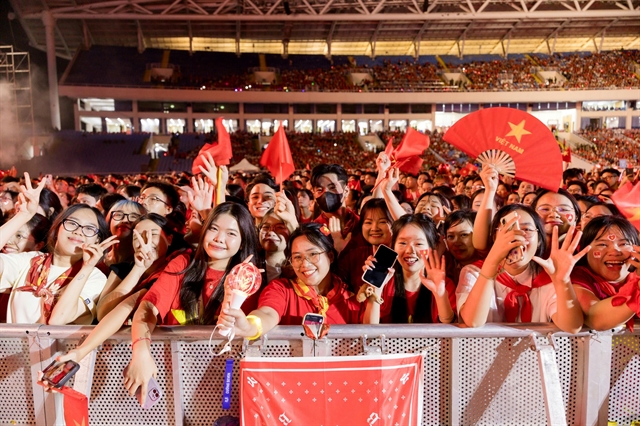 Society
Society


|
| Nguyễn Thiện Nhân, secretary of the HCM City Party Committee, speaks at an international conference on smart tourism development in the city on September 7. VNA/VNS Photo Mỹ Phương |
HCM CITY — Smart tourism needs to be a component of HCM City’s smart city master plan, its Party Committee secretary has said.
Nguyễn Thiện Nhân, speaking at an international conference on smart tourism development in the city on Saturday, said HCM City had announced a master plan which envisages its entire urban landscape becoming ‘smart’.
The city’s tourism sector needs to co-design a smart city infostructure with facilities creating better tourism experiences and increases the competitiveness of the tourism sector, he said.
“In the next 10 years city authorities will focus on efforts to develop the tourism sector into a key driver of socio-economic development.”
The smart city master plan includes building e-Government, a shared data warehouse, a socio-economic simulation and prediction centre, and a smart city management centre, he said.
By the end of this year the city would complete its tourism development master plan, which would have two major components, smart tourism and tourism linkages with the Cửu Long (Mekong) Delta region, he said.
Innovative thinking by businesses should be encouraged in developing smart tourism, which could result in the sharing of data in a way to enhance visitor experiences and offer mutual benefits, and this would require a public-private collaboration, he added.
According to Prof Perry Hobson of Sunway University in Malaysia, smart tourism development requires individual businesses, organisations and stakeholders getting out of their silos and sharing information.
While many tourism businesses have embraced digitisation with the creation of websites, connecting directly with the customer and creating new online business models, many of these services and the tourists themselves remain unconnected to either other electronic devices or to the physical world around them.
It is the arrival of the internet of things and inter-connectivity of devices that would have the most significant impact on the services sector and tourism leading to smart tourism, he added.
Assoc Prof Trần Minh Triết, deputy principal of the University of Science in HCM City, said globally tourism had grown strongly in recent years with the application of artificial intelligence through tools such as automatic explanations, augmented reality, virtual reality, 3D hologram to enhance visitors' experience and quality of services.
Experts say the smart tourism eco-system is built on advanced technology to ensure links between the four stakeholders: destination management organisations, visitors, businesses, and local people.
Smart tourism needs to have tourists as the focal point. At the same time it also has to turn each visitor into a sensor that provides inputs for the smart tourism eco-system.
In recent years the city’s tourism industry has witnessed annual growth of 11-12 per cent. —VNS




